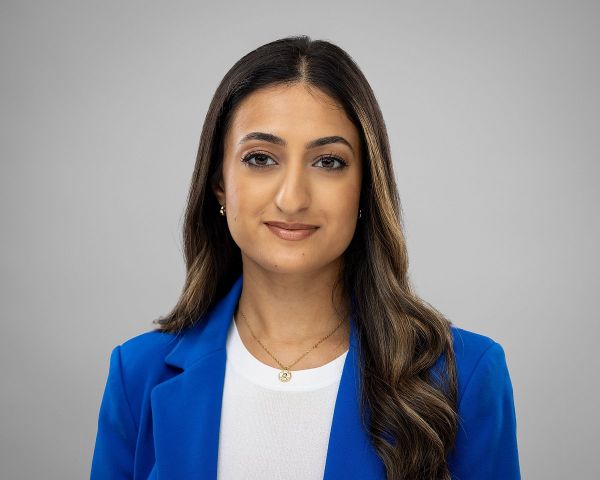
Seven out of 10 residents want to retire in the UAE, a new survey has found. This sentiment is most prevalent among employees earning a salary of over Dh25,000 a month.
According to the survey by YouGov commissioned by Zurich International Life Limited, 75 per cent of the respondents feel optimistic about having . About 65 per cent rely on workplace savings or gratuity, “potentially overestimating their long-term value”.
Over 60 per cent believe that Dh5 million or less is sufficient for a comfortable retired life in the UAE, “highlighting a critical gap in retirement planning”.
“Forty-two per cent reported that Dh2 million or less is sufficient. But if you do the math, depending on your spending, that might not stretch as far as expected over a typical retirement. People often think about retirement as reaching a particular number, when it's actually about sustaining a lifestyle for decades,” Ashika Tailor, head of Business Development - Employee Benefits, Zurich International Life Limited, told Khaleej Times.
She gave the example of an individual who has Dh2 million intended to last for 25 years starting at age 60. “This amounts to roughly Dh6,600 per month over that period (assuming there's no further investment returns). When viewed in light of typical lifestyle expenses today, such as rising healthcare costs, rent, travel, and general inflation, this figure may appear quite low, prompting individuals to reflect on their own retirement needs and spending habits.”
The biggest financial risk in retirement isn’t running out of money in year five, but in year 20, she explained. “Essentials like rent, utilities, and healthcare tend to rise over time, and managing them can become challenging, especially if you’re not actively investing or generating passive income.”

Ashika Tailor. Photo: Supplied
The UAE offers a for residents aged 55 and above if they own a property/properties of at least Dh1 million; or have financial savings of at least Dh1 million; or a monthly income of Dh20,000 (Dh15,000 a month for Dubai).
Gratuity gapGratuity may provide a financial cushion, but it is on its own, the expert said.
“While gratuity provides a foundational start, it is not sufficient to fully fund a secure retirement,” said Tailor. “Many employees may not fully realise the gap between their and their actual long-term financial needs.”
End-of-service payouts serve as temporary support during career transitions. However, with increasing life expectancy, “retirees may need 20 to 30 years’ worth of savings, far beyond what gratuity alone can provide”.
The one-time payout doesn’t generate ongoing income, she pointed out. “In contrast, a secure retirement requires consistent income streams to cover expenses over decades. Without additional investments or structured savings, there’s a real risk of outliving your funds. Relying solely on gratuity is like trying to fuel a lifetime journey with a single tank of petrol.”
Residents must actively save, invest, and plan throughout their careers, she stressed.
Experts have called on companies to implement workplace savings schemes to support their employees. The Ministry of Human Resources and Emiratisation (MoHRE) routinely hosts workshops for employers about the voluntary alternative end-of-service benefits system for private sector workers. The savings scheme, which companies have to sign up for, invests the funds allocated for employees' end-of-service gratuity and grow their savings through leading, accredited investment funds.
“Workplace savings plans can significantly bridge this gap if employees take full advantage of these offerings. However, many employees across the UAE still lack access to these programmes,” Tailor added.
Saving the right wayAccording to the expert, true financial security comes from , including long-term savings and alternative investments like commodities and real estate.
The key is to have a solid financial plan that makes one’s money work for them over time.
“In addition to investing in stocks, gold or real estate, some other smart investment options would be:
“Education savings plans: A mistake that is not uncommon but ideally should be avoided is having your child’s education come at the cost of your retirement. Setting up a dedicated education savings fund ensures that tuition fees are covered without affecting long-term retirement savings. Many banks and financial institutions offer structured savings plans specifically for this purpose.
“Health and long-term care insurance. Medical costs don’t wait for your finances to be ready. They rise with age, and having the right insurance in place is critical. A well-structured plan can prevent healthcare expenses from eating into retirement savings.